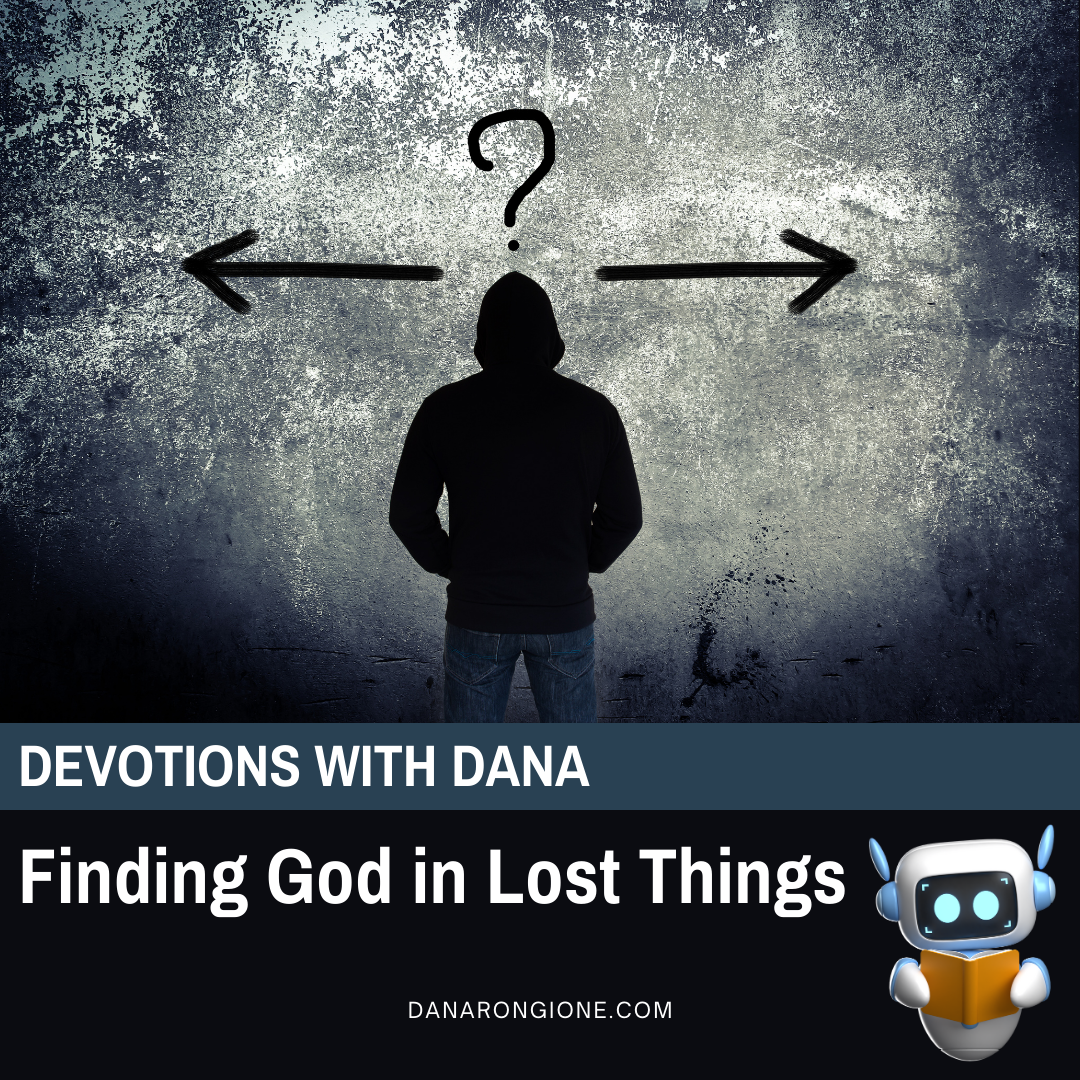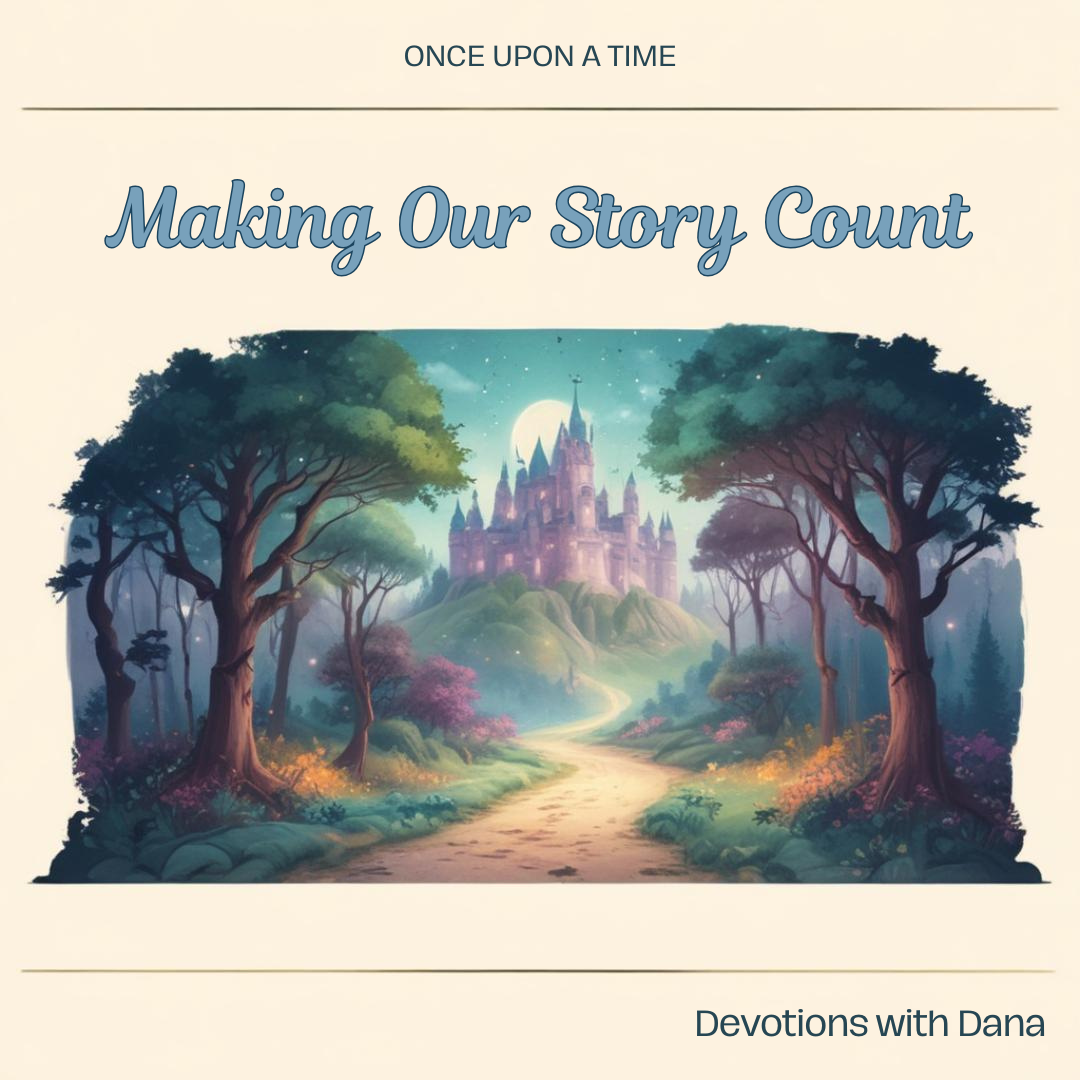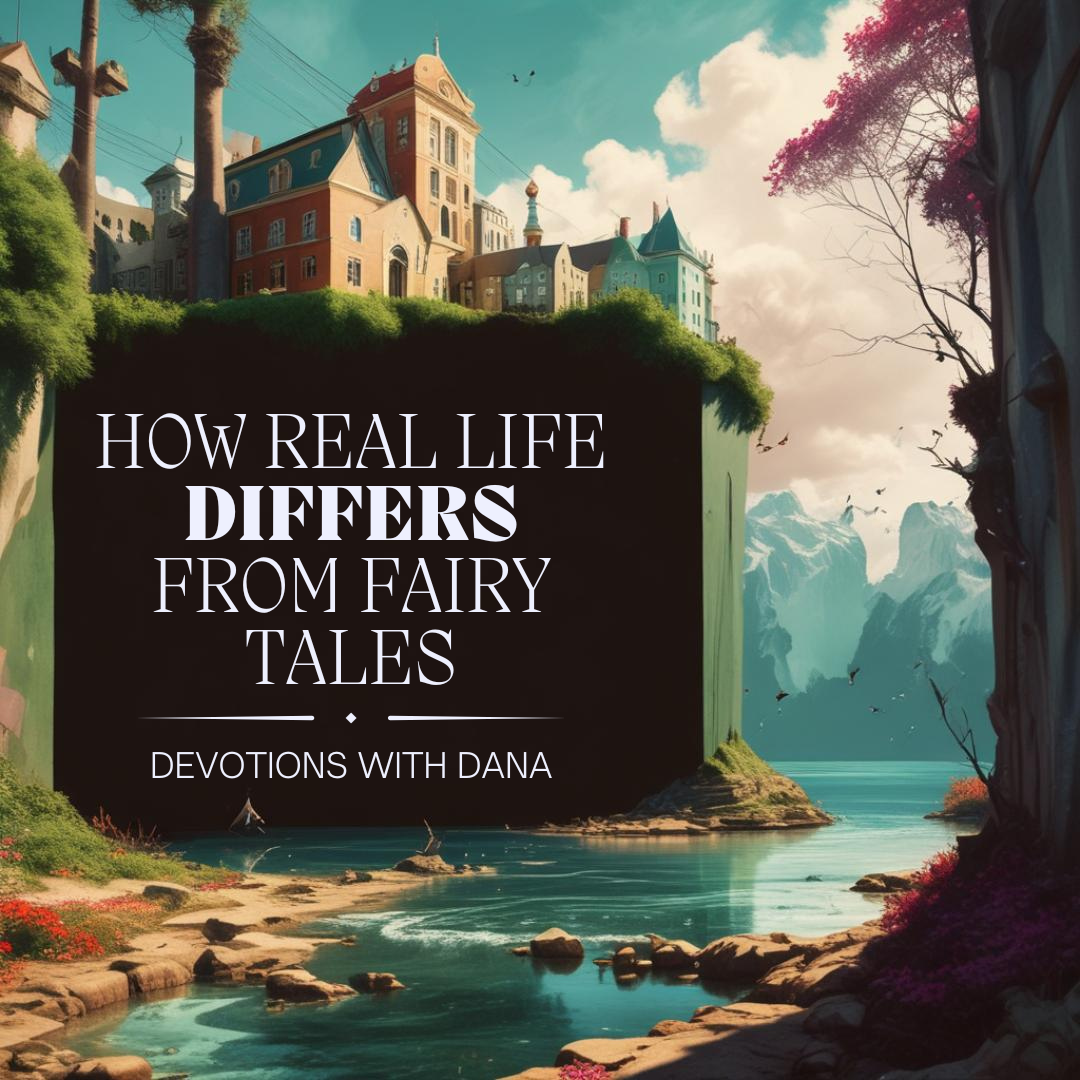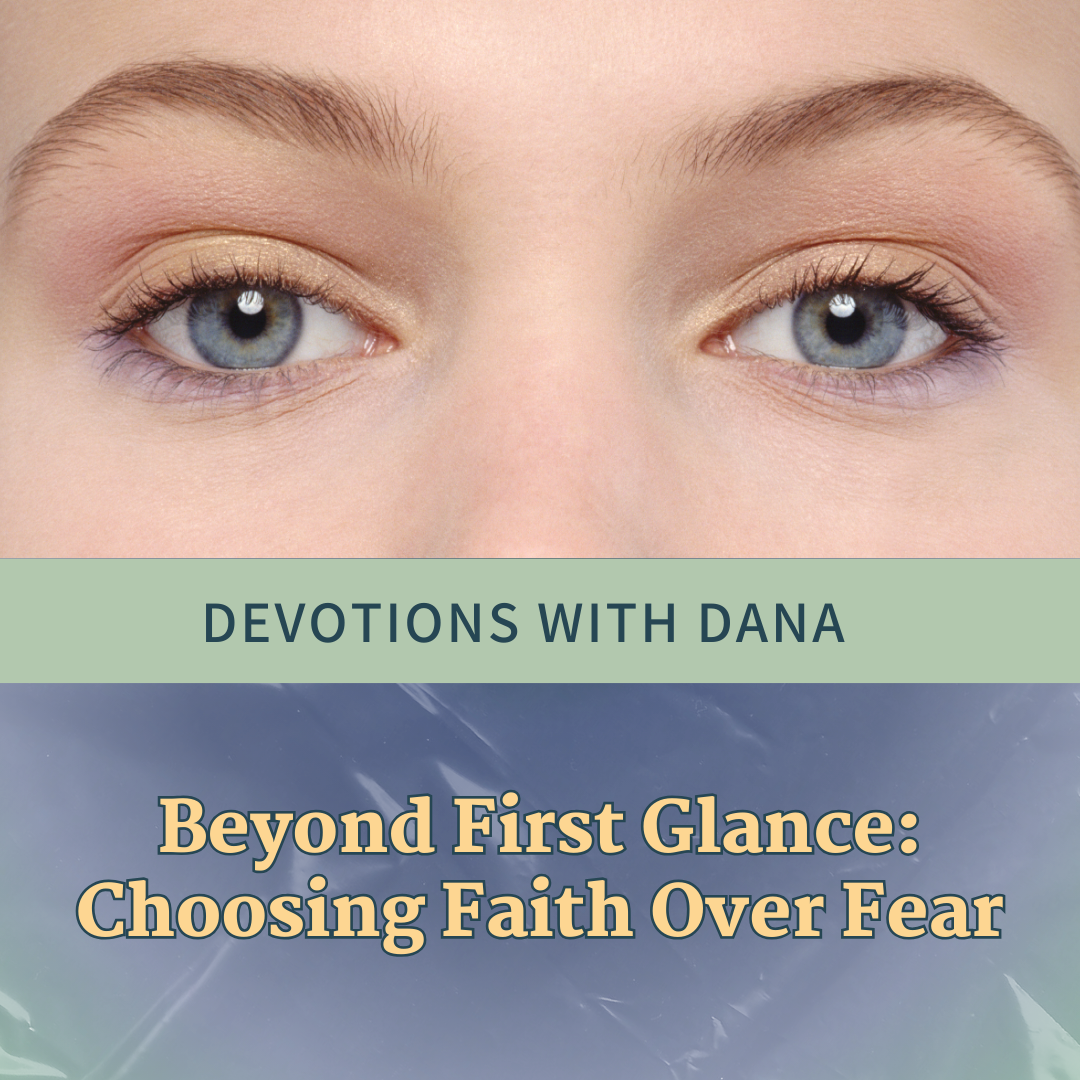
Focused on the Wrong Things
I recently watched a fascinating video about the complexities of the human brain and how selective our attention can be. The presenter gave specific instructions: "Count how many times the team in white passes the ball." Simple enough, right?
The video began, showing players in white uniforms and others in black, all passing basketballs to their teammates. Having seen similar psychological experiments before, I thought I was one step ahead. "Aha!" I mused smugly. "I know this trick. They'll ask about the black team's passes when it's over, trying to catch me unaware."
So rather than counting the white team's passes as instructed, I cleverly (or so I thought) tracked the black-clad team instead. I was feeling quite pleased with myself as the video concluded.
Then came the question that knocked me off my high horse: "Did you see the big bear moonwalking across the court?"

A Captive Audience
I'll never forget the first time I had to give a gospel presentation here in Wales. My hands trembled as I rearranged my notes, watching people file into the tiny community hall. I'd been looking forward to and dreading this day for weeks. Back in the States, I'd spoken to groups of ladies regularly, but here in this unfamiliar land, I felt painfully inadequate.
"Lord," I whispered, "I'm trapped. I can't back out now."
As I looked around the room at the expectant faces, a strange thought struck me. Was I trapped in this situation... or were they trapped with me?
That's when I remembered the Apostle Paul.
Picture this: Paul, the mighty missionary, chained to Roman guards day and night. Talk about being trapped!

Just Turn the Page
I recently finished the rough draft of my newest Christian fantasy novel—a milestone worth celebrating, especially considering the brain fog I often battle. As I worked through the manuscript, I became increasingly aware of one particular writing technique that keeps readers engaged: the chapter-ending hook.
You know what I'm talking about. That dramatic moment where the protagonist discovers something shocking, finds himself in peril, or makes a heart-stopping decision... and then—the chapter ends. Just like that!
It's delightfully devious, really. I've deliberately placed my readers in emotional suspense. Sometimes they're worried for a character's safety. Other times, they're frustrated by a character's poor choice. Occasionally, they're heartbroken by an unexpected betrayal. But regardless of the emotion, the effect is the same. They simply must turn the page to discover what happens next.

Finding Joy in the Digital Dance
Have you ever felt like you were caught in an endless loop of frustration? Recently, Jason and I found ourselves trapped in what I like to call the "customer service carousel." We were attempting what should have been a simple task—moving our music service from the US platform to the UK platform. Sounds straightforward, right?
Oh, how wrong we were! The app cheerfully directed us to contact customer service for this transition. Three representatives later, we were told it wasn't possible despite the app's clear instructions suggesting otherwise. When we questioned this contradiction, we'd get shuffled to yet another representative faster than a hot potato at a church picnic.

Finding God in Lost Things
Have you ever lost something and searched everywhere, only to come up empty-handed? That's exactly what happened with my dog's favorite toy, Robby the Robot. This wasn't just any toy. It was a clever little contraption that would roll and wobble around, dispensing treats as it went. Tess adored it, probably because it combined two of her greatest loves: play and food.
But one day, Robby mysteriously vanished. At first, I wasn't too concerned. Tess has a habit of rolling and batting her toys into the oddest places, so I assumed he'd turn up eventually. However, as days turned into weeks, I became increasingly determined to solve the mystery of the missing robot.
I crawled on my hands and knees, peering under every piece of furniture. I checked behind bookcases, inside cupboards, and even among the many boots and shoes by the door.

Making Our Story Count
For we spend our years as a tale that is told. - Psalm 90:9
As we wrap up our series on "Once Upon a Time," we've discovered that real life has both similarities and differences to fairy tales. We've explored how God writes better stories than the Grimm Brothers and how our struggles aren't always resolved with a wave of a magic wand. But today, let's focus on making our life story worth telling. After all, according to our verse, we spend our years as a tale that is told. The question is, what kind of tale are we telling?
Like any good story, our lives have a beginning, middle, and end. But unlike fictional tales, we're writing ours in real time, and we don't get to edit the previous chapters. So, how do we ensure our story is worth telling?

How Real Life Differs From Fairy Tales
Growing up, I loved fairy tales. The dashing prince. The beautiful princess. The epic quest. The happily ever after. Even now, I find myself drawn to stories with similar themes, though I've long since learned that real life rarely follows the fairy tale format. And you know what? That's a good thing!
Our Story Isn't About Us
Unlike fairy tale heroes who take center stage in their stories, we're called to play supporting roles in a much grander narrative. Think about it. In fairy tales, everything revolves around the protagonist. Their wishes. Their dreams. Their journey. But in real life, we're part of God's story, and He's the true protagonist. Our purpose isn't to achieve our own "happily ever after" but to glorify the King of kings.

O, Come, Let Us Adore Him
The Christmas gifts are now put away, and the New Year is in full swing, but I can't seem to shake the melody of "O Come, All Ye Faithful" from my mind. More specifically, the phrase "O come, let us adore Him" keeps repeating like a stuck record in my thoughts. As I sit here in my cozy Welsh cottage, watching the snow in my driveway sparkle in the rising sun, I find myself pondering what it truly means to adore Christ.
You see, we sing these carols year after year, often without giving much thought to their deeper meaning. We know the tunes by heart, and the words roll off our tongues with practiced ease, but do we really understand what we're declaring when we sing about adoring Christ?

Beyond First Glance
I remember the first time I read the Thoreau quote, "It's not what you look at that matters; it's what you see." At first, I thought it was just a clever play on words, but the more I pondered it, the more I realized its profound truth. We all have a tendency to focus on the negative, to dramatize, catastrophize, and even exaggerate things. We do this in our daily lives, and it can significantly impact our overall outlook and well-being.
For instance, have you ever noticed how quickly we can turn a minor inconvenience into a major catastrophe? We spill coffee on our shirt, and suddenly, our entire day is ruined. We get stuck in traffic, and we're convinced we'll never reach our destination on time.

The Weighty Matter of Sin
I stood in the bathroom, taking deep breaths and mentally preparing myself for what was to come. It had been months since I'd last checked my weight, and I'll admit, I'd been avoiding this moment like a cat avoids bath time. But today was the day. I'd finally mustered enough courage to face the music—or, in this case, the numbers.
"It can't be that bad," I whispered, trying to channel positive thoughts. "I've been eating...somewhat sensibly. And I do walk every day. Well, almost every day."
Closing my eyes, I stepped onto the scale. The moment of truth had arrived. I counted to three, opened my eyes, and...promptly wished I hadn't.
"That can't be right!" I exclaimed, causing poor Tess to jump. "There must be something wrong with this scale. Perhaps it needs new batteries. Or maybe it's possessed!"